For a logistics services provider at a port specializing in bananas, this fruit, with its non-seasonal nature, offers the benefit of a constant flow. However, this commodity's downside is its fierce price competition. "And so logistics profits are under constant pressure," begins Fresh Connection's Wouter de Koning. "You must find ways to differentiate yourself."
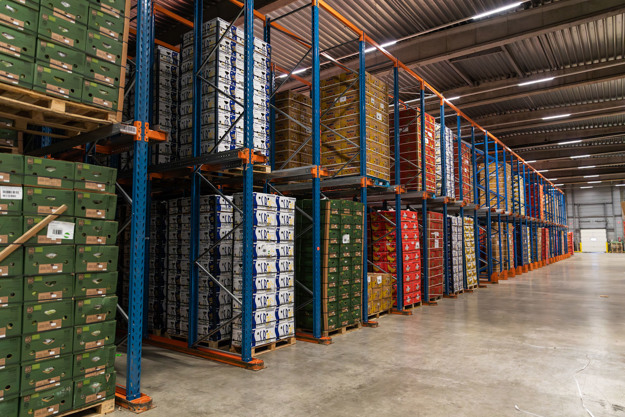
From offices in the Belgian Port of Antwerp and the town of Barendrecht in the Netherlands, Fresh Connection sees to the transport, storage, and distribution of perishable goods that arrive in the ports of Antwerp, Rotterdam, and Vlissingen. "Bananas occupy 75% of the space in our warehouse in Belgium. The remaining space is for other fresh products such as pineapples, avocados, and mangoes," says Wouter. His company serves more than just multinationals, but also customers who do between 20 and 40 containers a week. These importers bring in bananas that often need a little more attention, like organic bananas.
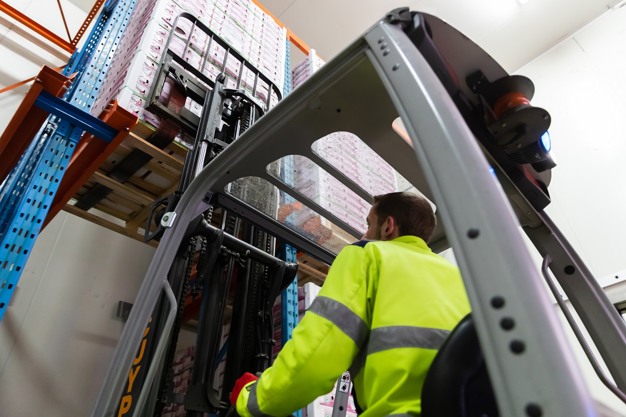
Quality control as added value
Wouter explains that they fetch the bananas from the port and bring them to the warehouse, where their quality is immediately checked and all customs formalities are met. The client gets feedback, and based on that, the bananas are delivered right away or stored first. With refrigerated warehouses, reefer connections, and 11 loading docks, a closed cold chain is guaranteed. "We don't ripen or repackage; that's another line of business. We, naturally, work closely with some ripeners."
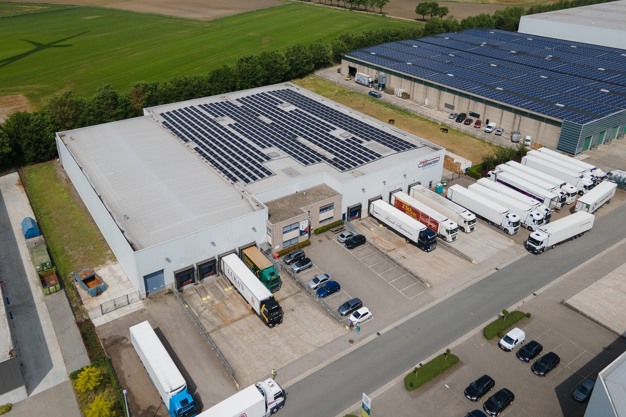
Wouter describes Fresh Connection as their customers' eyes and ears. "We're fully committed to quality and follow-up. It's not enough to inspect a load on arrival; we monitor its quality the whole time it's in our warehouse. That's sometimes five to seven days. Especially bananas that arrive in less-than-optimal condition need that. Think of containers that sometimes take up to two weeks longer to arrive because of the dry Panama Canal or delays due to bad weather. That needn't be a big problem for good quality bananas, but that extra transit time does negatively affect fruit loaded in inferior conditions at the origin," he says.
Real-time information
Clients can access a portal that shows cargo movements in real-time, supplemented by photos and quality reports. They can thus make informed decisions about whether to pick up a consignment directly or if they can leave it in storage for a few days. The logistics provider recently also invested in a machine called the pre-kooling system.
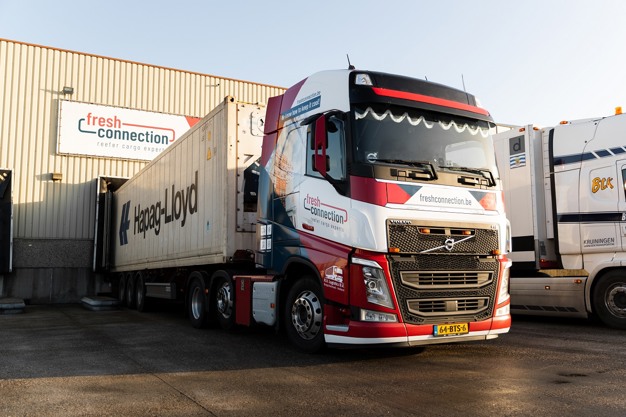
It brings green bananas that come in at too high temperatures back to the correct temperature within a foreseeable time, preventing ripening. "That lets us reduce customer claims by at least 10% to 15%. That's impossible at the big ports. So we're always brainstorming with our clients about reducing the claim burden, and we unburden them where possible."
According to De Koning, that still occasionally happens, but it is increasingly less common for a load to arrive in bad condition due to en-route container issues. Exporters and end customers agree on which temperature loggers to use. "But, besides those now being digital, I don't see much more development in that area from, say, ten years ago. There aren't yet many of these expensive loggers you track in real-time from the mainland."
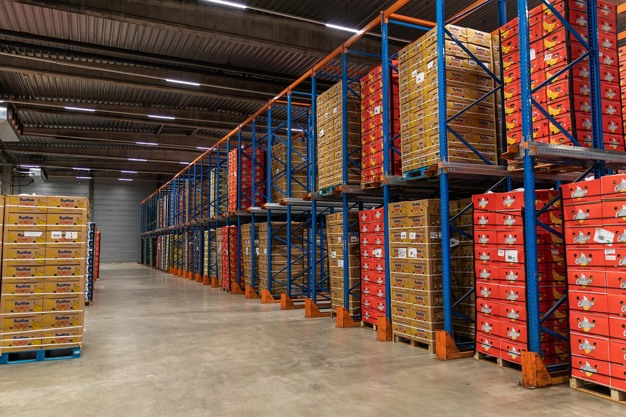
Hardly any reefer ships anymore
Conventional reefer ships used to be commonplace; now, container ships are the norm. "Seatrade still runs reefer ships, but otherwise, few of these types of maritime transport providers remain even though partial loads are also possible. Container shipping has made trade more accessible to many, which inevitably includes the smaller players," Wouter explains.
The banana sector faces another serious issue: cocaine smuggling. "Drugs are far more strictly controlled at the ports, and we, too, are making a huge effort to ensure all loads are drug-free. Both the customs authorities and government regard Fresh Connection as a loyal, reliable partner. Our efforts act as a trap of sorts, so these problems don't reach our clients. Suppose we notice anything suspicious or unusual regarding the documentation or the cargo itself. In that case, we immediately alert security authorities such as customs and the police so they can perform additional scans."
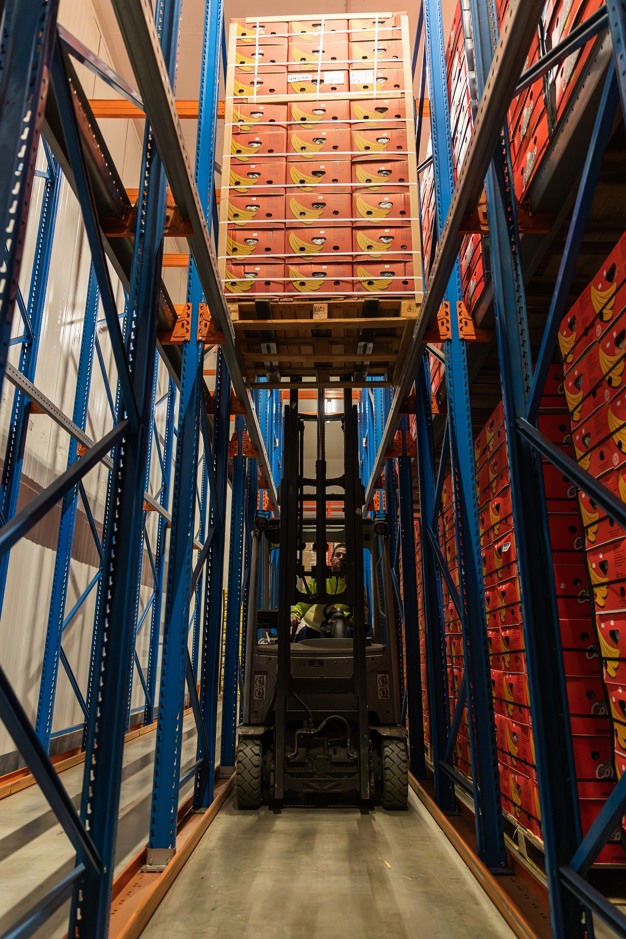
"Besides the containers that pass through our Belgian warehouse, we serve several customers directly from the ports. We arrange container transport and customs and phytosanitary formalities. Our group handles 15,000 reefer containers annually," concludes the banana expert
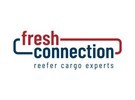 Wouter de Koning
Wouter de Koning
Fresh Connection
+32 (0) 4733 70 018
wouter@freshconnection.be
www.freshconnection.be
